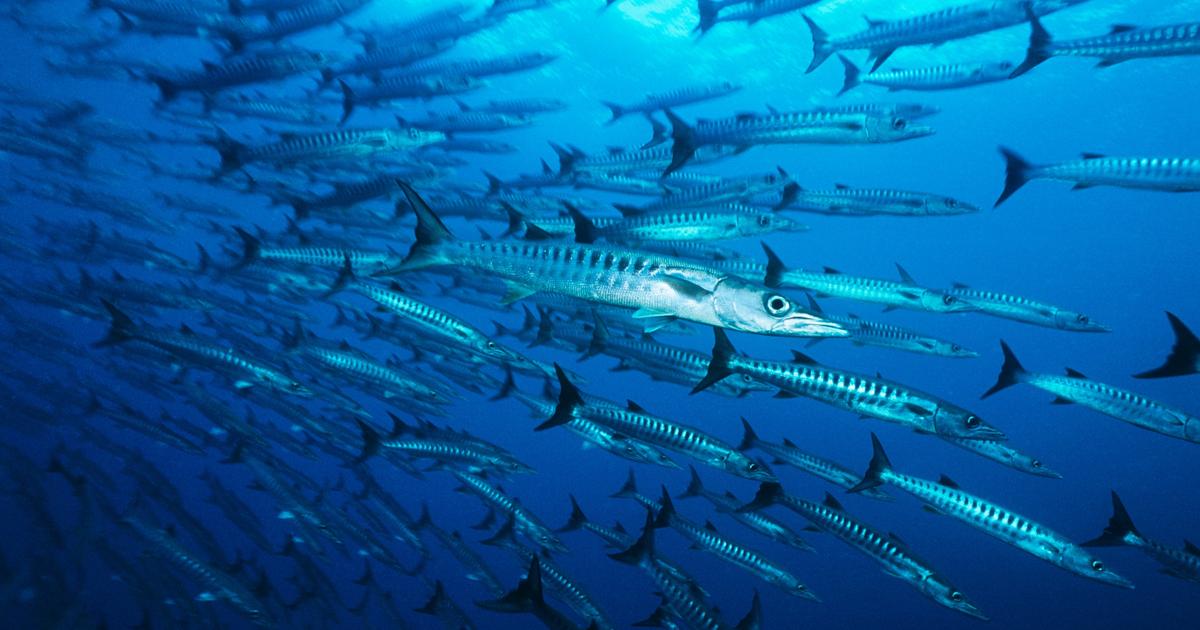Enlarge image
Various types of zooplankton
Photo: IMAGO
Polyunsaturated omega-3 fatty acids are good for health. The oil contained in fish, among other things, keeps cell membranes supple. This helps against inflammation, for the heart and brain. It is controversial whether fish oil capsules should therefore be used as a substitute for a diet rich in fish - medical studies and consumer protection groups tend to see no additional benefit, and in the case of high doses even an additional risk. Nevertheless, the demand for the yellowish capsules has exploded. A number of fish species are now considered overfished, probably also because of the hunt for omega 3.
According to the Norwegian company Zooca, it has found a sustainable alternative: The oil can also be extracted from abundant small marine animals (zooplankton), more precisely from a tiny, red crustacean species called Calanus finmarchicus, which is widespread in the Norwegian Sea. According to a study, their fatty acids are particularly valuable, also helpful against diabetes and other diseases caused by obesity.
Since 2020, Zooca has started commercial fishing off the Norwegian coast and is now developing the fishing technique further.
"Today we fish around 1,000 tons a year, but the goal is to catch ten times as much in five years," Zooca boss Siv-Katrin Ramskjell told the British "Guardian".
In addition to food supplements, the catch could also be used as fodder for fish farms.
In the sea, zooplankton is considered an important basis of life for fish such as mackerel, herring and cod.
The Faroe Islands now also want to get into the business.
The autonomous group of islands in the North Atlantic, which belongs to Denmark, issued fishing licenses for 125,000 tons of the animals known locally as Reyðæti (red plankton).
In summer they feed on the smallest algae or bacteria (green phytoplankton) in the upper water layers and spend the rest of the year drifting further down with the ocean currents in a long hibernation until most of them die in the cold of the deep sea.
Before that, part of it could be caught quite easily in a narrow channel.
The Guardian spoke to a Faroese teacher who dreams of being a fisherman and now wants to make it come true with the help of Zooca.
A kilogram fetches a good 1.30 euros.
"Just getting started without studies is foolish"
But the new way of fishing is controversial. Above all, the traditional fishing industry, which specializes in cod, fears for their catch if there is no food. "We weren't good enough at taking care of our stocks," admitted Tom Vegar Kiil, head of the Norwegian Inshore Fishermen's Association, referring to the Marine Stewardship Council's sustainability label, which was withdrawn in 2021. But in Norway, unlike in the Faroe Islands, year-round plankton fishing threatens to exacerbate the problem of bycatch of larvae and juvenile fish. And if aquaculture for shrimp or salmon were to develop a taste for it, there would be pressure for higher catch quotas. The whole idea is short-sighted.
"We catch less than 0.01 percent of the quota that the marine research institute believes is sustainable," said Zooca boss Ramskjell.
You can also minimize bycatch.
However, marine researchers like zooplankton specialist Peter Wiebe of the Woods Hole Oceanographic Institution in the US state of Massachusetts agree with the fishermen.
The quantities currently being fished were not significant.
However, if the industry establishes itself commercially, it will quickly target larger volumes.
And there is still a lack of studies on how the capture of zooplankton will affect larger marine animals that also feed on it, and ultimately the entire ecosystem.
"Just getting started without these studies is foolish."
Javier Lopez from the marine conservation organization Oceana sees the new business as "an example of mankind's greed to always exploit".
Even if there is currently no ecological effect, a dependency on these resources of the sea should not be created in the first place.
a.k








